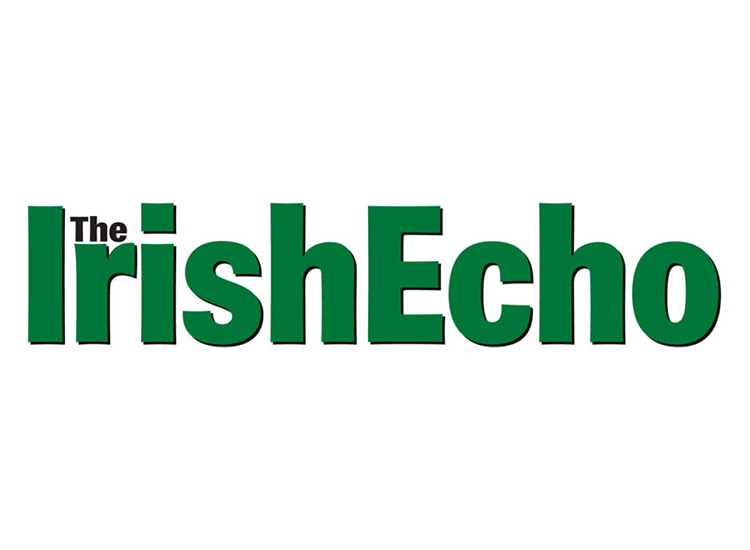There have been times during this period though when, for the first time in our lives, Cork hurling fans were forced to examine the true nature of our support for the team. Did we root for the jersey alone? Or were we cheering for the individual players who wore it? Most of us spent our childhoods dreaming about wearing that shirt yet here were a bunch downing tools and refusing to put the colors on until their demands were met. Even for those who agreed with most of the principles they were espousing in the various disputes, this was not very easy to stomach. Strikes. Protest marches. Crass statements to the press. Wasn't playing for a Cork a privilege, not a right?
Of course, they didn't ask for this set of circumstances and a less driven bunch of men wouldn't have embarked on so difficult a journey and braced for what became an almost annual clash of civilizations between themselves and the county board. If their unwavering determination to change how they were treated played a role in transforming player-board relations all over the country, an unfortunate side-effect of the process was a complicating of our own view of this particular squad.
Through no fault of their own, some of the squabbles with authority looked sordid, unseemly, unnecessary, and, at times, just plain nauseating. Like most people of our generation, we sympathize with the players more than the board but that didn't stop us wincing at the embarrassing conduct of both sides during the various debacles that have colored many people's perception of this bunch. Nobody emerges from rows this protracted and vicious with too much credit.
Regardless of what side you were on, any fan with any modicum of class or sense of history won't have enjoyed Gerald McCarthy's half a century of immense service to the county being sometimes dwarfed by the way his inter-county career ended. Equally, a team which has given us a scintillating decade of elite performances didn't need its legacy traduced by having to repeatedly take ultra-radical positions in pursuit of what should be pretty standard treatment for any competitive squad. Not all of the above is the fault of those directly involved either. People on the periphery had a role to play in deepening the rifts, prolonging the conflicts, and making more lasting the damage. Whatever else we learned during the years 1999-2009, it has confirmed that, amateurism be damned, GAA personalities are now susceptible to a level of public demonisation and character assassination which was previously thought the preserve of celebrities and professional sportsmen. No aspect of the personal and professional lives of the key characters in these dramas were beyond scurrilous comment by every half-wit with access to a keyboard and the internet.
If the message board mujahideens provided so much toxic background noise, and the public statements of both sides were sometimes unnecessarily inflammatory, the crux of the issue appeared simple enough to those us watching from this remove. There are a few people closely associated with Cork who hated these players more than they love the game of hurling. They resented their individual high-profiles, envied their collective success, and ridiculed their slavish devotion to the science of preparation. And the pity is they should have been doing just the opposite.
In an era when competition for the hearts and minds of youngsters has never been more fierce, the county board should have been capitalizing on the celebrity status afforded so many of their players and amplifying their profiles even further. Rather than trying to constantly emasculate them, a more progressive regime would have been looking to see exactly how the doyennes of this squad might be tapped to head up development and training programs designed to cultivate the future of Cork hurling.
The latter point is most relevant because, regardless of how you feel about them, here was a group of individuals whose devotion to self-improvement could never be questioned and was their most admirable trait. The core group that won three All-Irelands wasn't the most talented group of hurlers ever to play for Cork. They were, however, without question, the hardest working and the most determined to wring every drop from the gifts they were given. Those are titles nobody can take from them.
The pity is that the off-the-field shenanigans will, in many cases, distort people's views of them. This is true both inside and especially outside their home county where some (rather ignorantly) like to blame these men of character for every ill besetting the association. Too many tend to remember the press conferences and the winter meetings and too conveniently forget the epic summers they afforded us and all those memorable performances (Galway in Thurles in 2008 being arguably the finest) that defined a decade of consistent excellence.
In time, people will remember this team according to their own prejudices. If you like your players to stand for something and to be agents of change, you'll remember them fondly. If you don't, well, the least they deserve is their due as the second best hurling team of their generation. That's quite a compliment given that the only side better than them may yet go down as the greatest in the history of the association.









